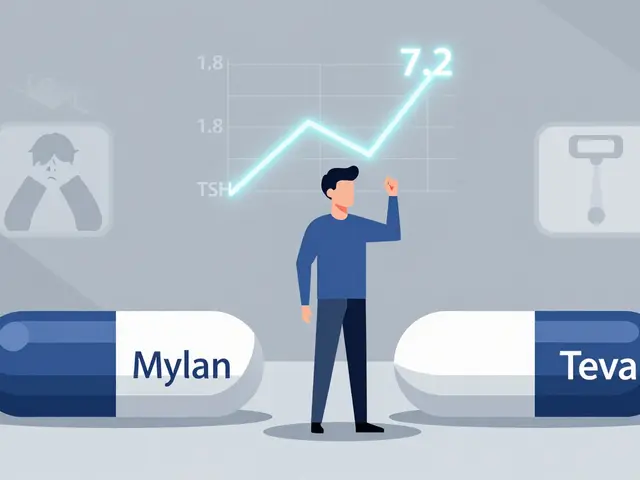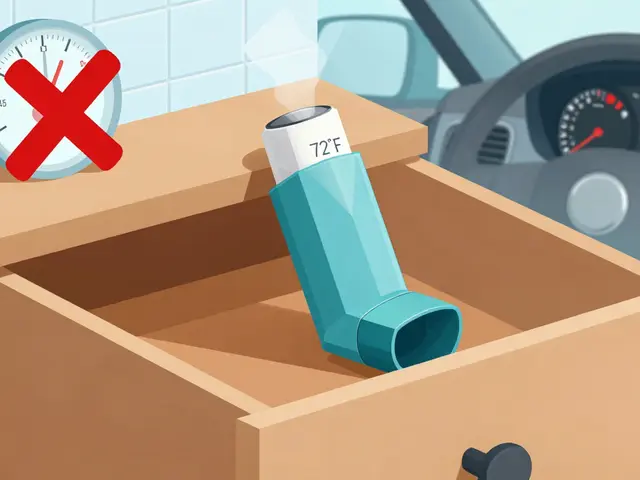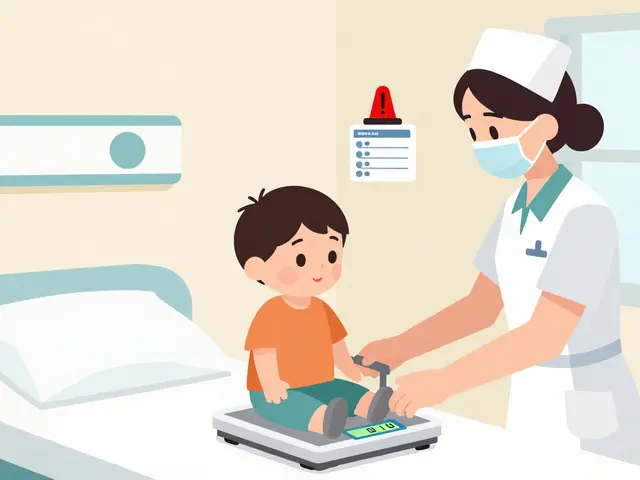Seniors' Practical Guide to Medications and Safe Care
Nearly half of older adults take five or more medications. That can feel overwhelming. This page helps seniors and caregivers make medication routines safer and simpler, with clear tips you can use today.
Start by keeping a single, up-to-date list of every drug, dose, and why you take it. Bring that list to every doctor and pharmacy visit. A simple paper list or a note on your phone prevents errors when a new doctor prescribes something or when you switch pharmacies.
Know the risky combos. Some medicines don’t mix well with others or with common supplements. For example, blood pressure pills plus certain sleep medicines can cause dizziness and falls. Ask your pharmacist to review interactions whenever a new prescription appears.
Buying Medicines Online Safely
Online pharmacies can save time and money, but choose carefully. Use sites that require a prescription, show a physical address, and have a licensed pharmacist contact option. Avoid sellers that offer powerful drugs with no prescription or that pressure you with unusually low prices.
When ordering, compare total cost including shipping and check delivery times. Keep original packaging and receipts so you can verify lot numbers or return items if something seems off.
Practical Tips for Daily Management
Organize doses with weekly pill boxes, and set alarms on your phone for tricky schedules. Pair medications with daily habits—take pills with breakfast or right after brushing teeth. If memory or hearing is a problem, involve a trusted family member or caregiver in the routine.
Regularly review medications with your doctor—every six months is a good rule. Bring your list and ask which medicines you might stop, lower, or switch. Ask about safer alternatives if a drug causes bothersome effects.
Special situations matter. For urinary pain or infections, some medicines work fast but need careful use in older bodies. For chronic pain or anxiety, discuss tapering plans rather than abrupt stops. For thyroid or heart meds, small dose changes can have big effects—get lab checks when a dose changes.
Lastly, dispose of unused meds safely. Many pharmacies host take-back programs. Don’t flush pills or toss them in the trash where children or pets can find them.
If you want quick reads, we have step-by-step guides on buying medicines online, tapering schedules, and drug interaction lists written with seniors in mind. Use those articles to take one simple action today—update your medication list, check for interactions, or set up a pill box.
Start small: pick one change this week—call your pharmacy for a medication review, set up a weekly pill box, or print your medication list and leave it with a caregiver. If cost is a worry, compare prescription savings tools and local pharmacy prices before you switch. For complex conditions like heart disease, diabetes, or Parkinson’s, work with your specialist to coordinate drug changes and lab tests. If you care for someone else, watch for slipping routines: missed doses, extra refills, or signs of confusion. Small fixes now prevent emergency visits later. Our site collects clear how-to posts for seniors, from safe online buying to taper plans—use them when you need a quick, trusted answer.
Start today now.
As a senior, I've been researching Carvedilol as a treatment option for my heart condition. Safety and efficacy are my top concerns, so understanding how this medication works for people my age is essential. From what I've gathered, Carvedilol has been proven to be effective in managing conditions like heart failure and high blood pressure. However, it's important to consult with a doctor to discuss potential side effects and adjust the dosage accordingly. Overall, Carvedilol seems to be a safe and effective treatment for seniors, but it's crucial to work closely with a healthcare professional to ensure it's the right choice for me.
Continue reading...






